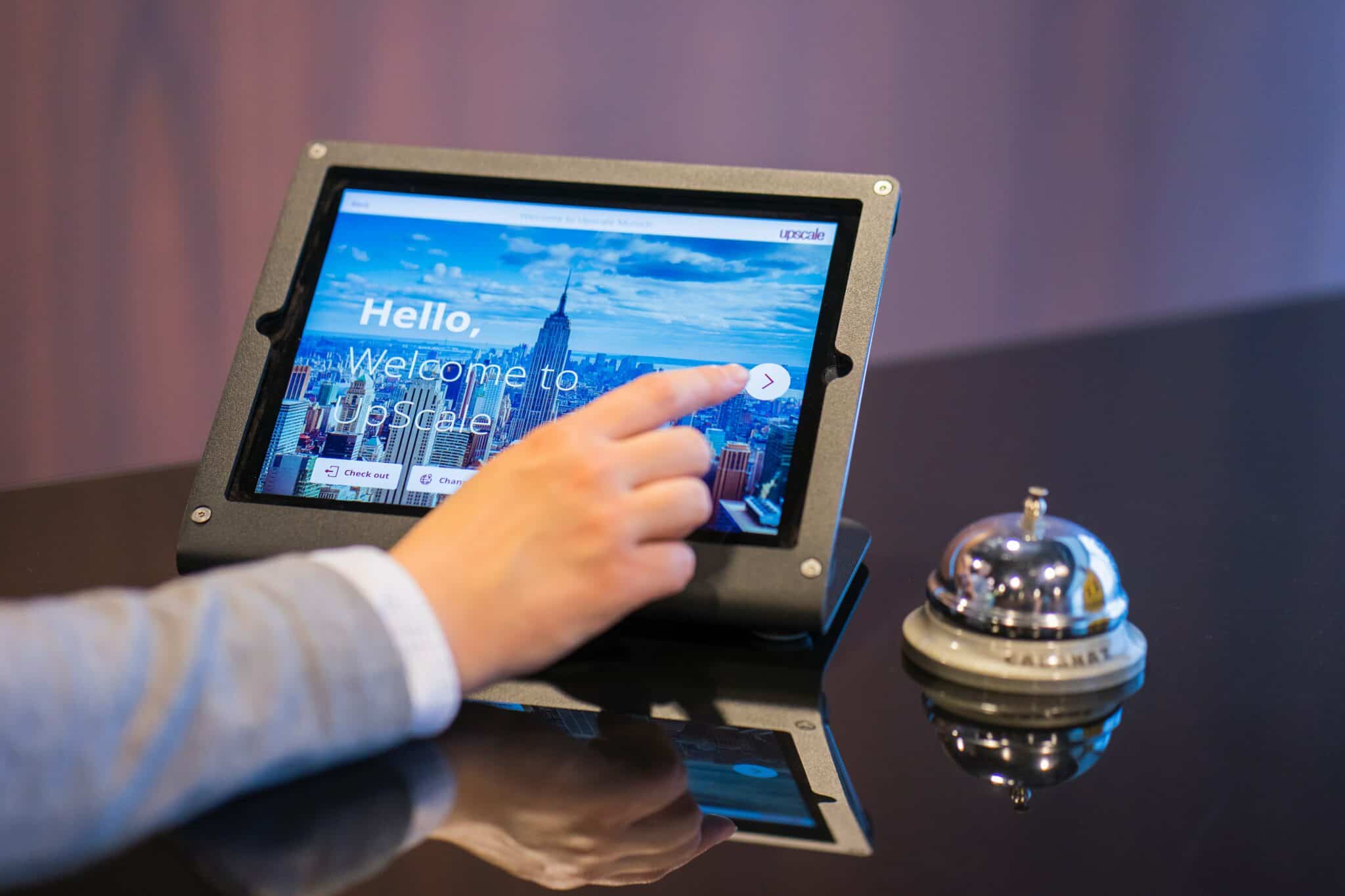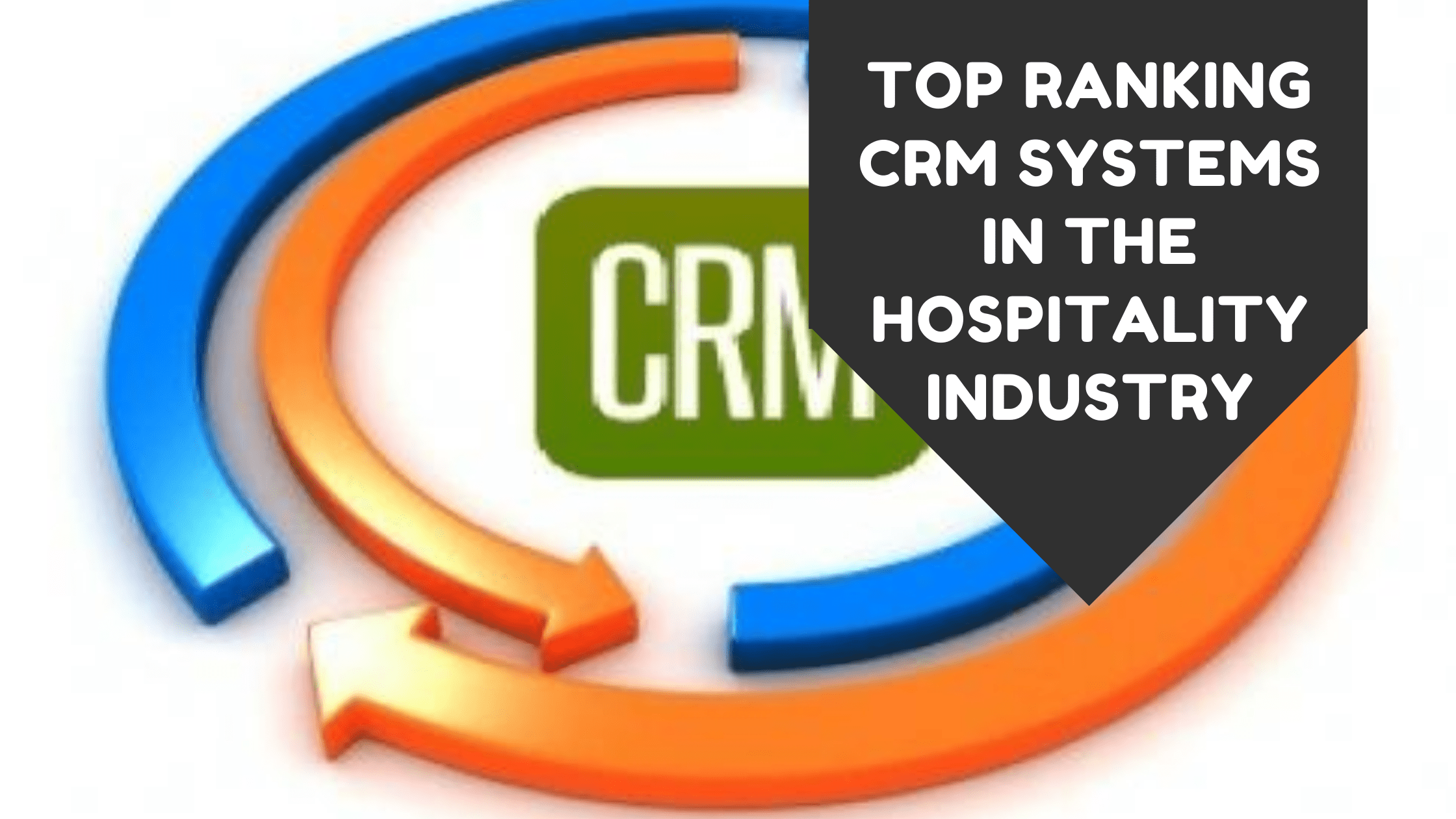Best crm for hospitality industry – In the competitive hospitality landscape, choosing the best CRM for the hospitality industry is paramount. A robust CRM streamlines operations, enhances guest experiences, and boosts revenue, making it an indispensable tool for hoteliers. This comprehensive guide explores the key features, benefits, and best practices of implementing a CRM tailored to the unique needs of the hospitality sector.
From managing reservations and guest profiles to personalizing marketing campaigns and integrating with other hotel systems, a well-chosen CRM empowers hospitality businesses to provide exceptional service and build lasting relationships with their guests.
Key Features to Consider
The hospitality industry demands a robust CRM tailored to its unique needs. Consider these essential features:
Reservation Management:Seamlessly manage reservations across channels, including online booking, phone calls, and walk-ins. Track room availability, guest preferences, and special requests.
Guest Profiles
Maintain detailed guest profiles that capture their preferences, stay history, and loyalty status. Use this data to personalize their experience and build lasting relationships.
Personalized Marketing Capabilities
Segment guests based on their profiles and preferences. Send targeted marketing campaigns via email, SMS, or social media to promote special offers, loyalty programs, and upcoming events.
Mobile Accessibility
Ensure your CRM is accessible on mobile devices. Allow staff to access guest information, make reservations, and manage tasks on the go.
Integration with Other Hotel Systems
Integrate your CRM with other hotel systems, such as property management systems (PMS), point-of-sale (POS) systems, and revenue management systems. This ensures seamless data flow and eliminates manual data entry.
Benefits of Implementing a CRM
Implementing a CRM specifically tailored for the hospitality industry offers numerous advantages that can enhance the guest experience, streamline operations, and ultimately drive revenue growth.
A CRM system serves as a centralized platform that captures and manages guest data, providing valuable insights into their preferences, behaviors, and loyalty status. This enables hoteliers to personalize interactions, deliver tailored services, and build stronger relationships with their guests.
Guest Experience Enhancement
- Personalized communication:CRM systems allow hotels to track guest preferences and communication history, enabling them to send targeted messages and offers that resonate with each individual guest.
- Seamless service:By having all guest information in one place, staff can quickly access guest profiles and provide consistent, efficient service across all touchpoints.
- Loyalty program management:CRMs help track guest loyalty points, offer rewards, and provide exclusive benefits to repeat customers, fostering brand loyalty and encouraging repeat visits.
Operational Streamlining
- Automated tasks:CRM systems can automate repetitive tasks such as reservation management, email campaigns, and guest follow-ups, freeing up staff to focus on more strategic initiatives.
- Improved collaboration:CRMs facilitate seamless communication between different departments, ensuring that all guest-related information is shared and acted upon promptly.
- Data-driven decision-making:CRMs provide valuable data and analytics that can help hoteliers identify trends, optimize operations, and make informed decisions.
Revenue Generation
- Targeted marketing:By segmenting guests based on their preferences and behaviors, hotels can create targeted marketing campaigns that drive bookings and increase revenue.
- Upselling and cross-selling:CRMs provide insights into guest spending patterns and preferences, enabling hoteliers to offer personalized upselling and cross-selling opportunities.
- Loyalty rewards:Loyalty programs integrated with CRMs encourage repeat visits and increase customer lifetime value.
Market Share and Industry Leaders: Best Crm For Hospitality Industry
In the competitive hospitality industry, selecting the right CRM solution is crucial for businesses seeking to optimize guest experiences and drive revenue. Several leading vendors dominate the market, each offering unique features and capabilities tailored to the specific needs of hospitality organizations.
To provide a comprehensive overview of the market landscape, we have compiled a table comparing the market share, key features, strengths, and weaknesses of the top CRM solutions in the hospitality industry.
Market Share Comparison
| Vendor | Market Share | Key Features |
|---|---|---|
| Salesforce | 35% | – Comprehensive CRM suite
|
| Microsoft Dynamics 365 | 20% | – Integrated with Microsoft Office suite
|
| Oracle Siebel CRM | 15% | – Industry-specific functionality for hospitality
|
| SAP Hybris | 10% | – End-to-end customer engagement platform
|
| Pega CRM | 5% | – Low-code/no-code platform for rapid implementation
|
Strengths and Weaknesses
- Salesforce:Strong market presence, comprehensive features, but can be expensive and complex to implement.
- Microsoft Dynamics 365:Ease of integration with Microsoft products, industry-specific capabilities, but may lack some advanced features.
- Oracle Siebel CRM:Industry-leading functionality, extensive customization options, but requires significant technical expertise to implement.
- SAP Hybris:Focus on personalization and omnichannel experiences, strong integration with SAP ERP systems, but can be costly and complex to implement.
- Pega CRM:Rapid implementation, case management and workflow automation, AI capabilities, but may not have the depth of features as other vendors.
Best Practices for CRM Implementation
Implementing a CRM system in the hospitality industry requires careful planning and execution to maximize its benefits. Here are some best practices to guide you through the process:
Defining clear goals and objectives is essential for a successful CRM implementation. Determine the specific areas you aim to improve, such as guest satisfaction, operational efficiency, or revenue generation.
Involving Key Stakeholders
Engage key stakeholders from various departments, including front desk, reservations, housekeeping, and management. Their input and collaboration ensure the CRM system aligns with the overall business strategy and meets the needs of different teams.
Ensuring Proper Training
Provide comprehensive training to all users to ensure they understand the system’s functionality and can effectively leverage its features. Ongoing training and support are crucial to maintain user adoption and optimize CRM performance.
Ongoing Monitoring and Evaluation
Regularly monitor and evaluate the CRM system’s performance against defined metrics. Analyze data to identify areas for improvement and make necessary adjustments to enhance its effectiveness. Feedback from users and guests can also provide valuable insights for optimization.
Emerging Trends and Future Outlook

The hospitality industry is rapidly evolving, and CRM is playing a vital role in helping businesses adapt to the changing landscape. Here are some of the emerging trends that are shaping the future of CRM in the hospitality industry:
Artificial intelligence (AI) is becoming increasingly prevalent in CRM systems. AI-powered chatbots can provide 24/7 customer support, answer questions, and even book reservations. AI can also be used to analyze customer data and identify trends, which can help businesses personalize their marketing and sales efforts.
Cloud computing is another major trend that is impacting CRM in the hospitality industry. Cloud-based CRM systems are more flexible and scalable than on-premise systems, and they can be accessed from anywhere with an internet connection. This makes it easier for businesses to manage their CRM systems and collaborate with colleagues and partners.
Mobile technology is also playing a major role in the evolution of CRM in the hospitality industry. Mobile CRM apps allow businesses to manage their CRM systems on the go, and they can be used to provide customers with real-time updates and offers.
Mobile CRM apps can also be used to collect customer feedback, which can help businesses improve their products and services.
Impact of AI, Cloud Computing, and Mobile Technology on CRM Capabilities
The convergence of AI, cloud computing, and mobile technology is having a profound impact on CRM capabilities in the hospitality industry. Here are some of the ways that these technologies are enhancing CRM capabilities:
- AI-powered chatbots can provide 24/7 customer support, answer questions, and even book reservations.
- AI can be used to analyze customer data and identify trends, which can help businesses personalize their marketing and sales efforts.
- Cloud-based CRM systems are more flexible and scalable than on-premise systems, and they can be accessed from anywhere with an internet connection.
- Mobile CRM apps allow businesses to manage their CRM systems on the go, and they can be used to provide customers with real-time updates and offers.
Future Outlook of CRM in the Hospitality Industry, Best crm for hospitality industry
CRM will continue to play a vital role in the hospitality industry in the years to come. As AI, cloud computing, and mobile technology continue to evolve, CRM systems will become even more powerful and sophisticated. This will allow businesses to provide their customers with a more personalized and seamless experience.Here are some of the ways that CRM will continue to shape guest experiences in the future:
- AI-powered chatbots will become even more sophisticated, and they will be able to provide customers with a more personalized experience.
- Cloud-based CRM systems will become even more widely adopted, and they will allow businesses to manage their CRM systems more efficiently and effectively.
- Mobile CRM apps will become even more popular, and they will allow businesses to provide customers with real-time updates and offers.
Closure

By embracing the latest trends and leveraging the transformative power of CRM, hospitality businesses can stay ahead of the curve and continue to deliver exceptional guest experiences that drive loyalty and profitability. As the industry evolves, CRM will remain a cornerstone of success, enabling hoteliers to navigate the challenges and capitalize on the opportunities that lie ahead.
FAQ Compilation
What are the key features to consider when choosing a CRM for the hospitality industry?
Look for features such as reservation management, guest profiles, personalized marketing capabilities, mobile accessibility, and integration with other hotel systems.
How can a CRM benefit the hospitality industry?
A CRM can enhance guest experience by providing personalized service, streamline operations by automating tasks, and increase revenue through targeted marketing campaigns and loyalty programs.
